Research Lens: Five students share COVID-era experiences, rewards
With students at Providence College frequently restricted in campus access and limited in travel opportunities since COVID-19 settled in the United States in March, many who have undertaken research have responded creatively and with laser-focus commitment.
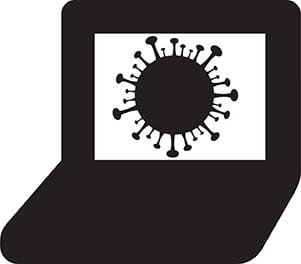
We asked five student-researchers in multiple disciplines to discuss what their world looked like as they pursued processes and answers under the guidance of faculty mentors this past spring and summer. For several, the work continues this fall.
While many depended on online and video conferencing resources to conduct research, not everyone’s experience was the same. One student enthused about the opportunity to work collaboratively with professionals and graduate students at another university and with a federal agency professional. Another navigated a time-zone challenge weekly to seek direction from his mentor, while a third student largely used a pencil and paper for a major portion of her project.
Nearly all of the students were supported by the College’s Undergraduate Research Grants Program.
As for the researchers’ projects, topics were as current as the ongoing pandemic and federal immigration policies. One was not so current: a shorthand system used in the 1600s.
Most importantly, each student conveyed a sense of gratitude and personal growth. For two researchers, their work was more than about personal, intellectual growth; it was downright emotionally personal.
Student researchers
Angus White ’21 (Oakura, New Zealand)
This summer was my first taste of doing research, and as I enter my senior year I wish I had started as a freshman! The opportunity to be mentored by a world-class scientist like Father Nic was amazing.
Angus White ’21
MAJOR: Biology
TOPIC: Analysis of the COVID-19 Pandemic in the Philippines
MENTOR: Rev. Nicanor Austriaco, O.P., Ph.D. ’20G, professor of biology and of theology
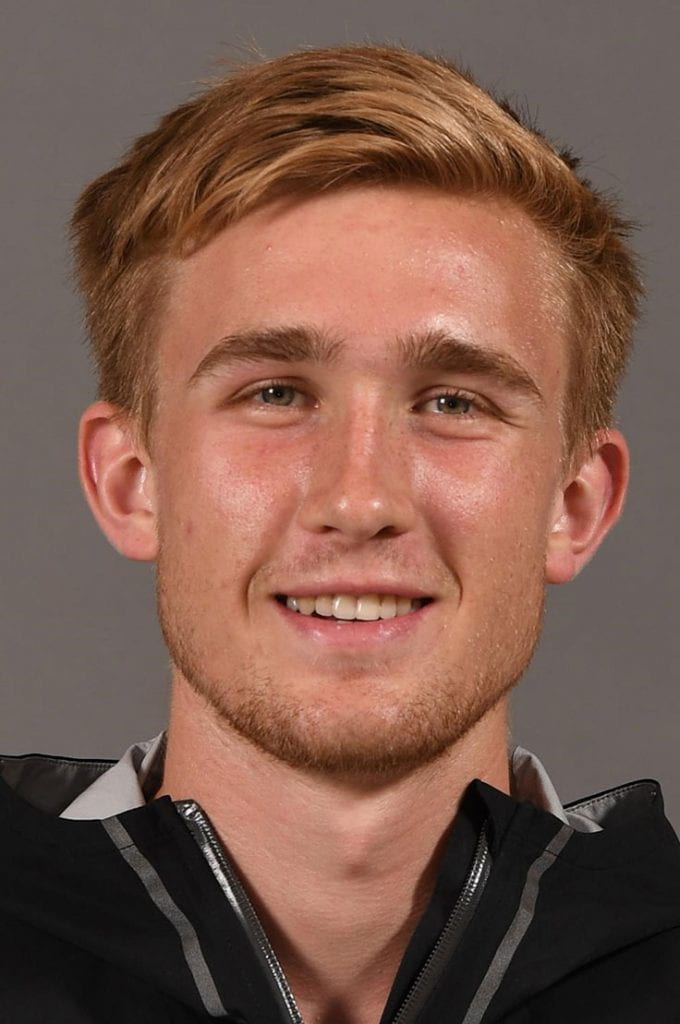
PROJECT SUMMARY: We worked to epidemiologically assess the COVID-19 pandemic in the National Capital Region (NCR) of the Philippines. This involved using Philippine Department of Health (DOH) data to generate measures such as positivity rates, testing capacities, and hospitalization data. Using these measures, in conjunction with Father Nic’s previous work on a mobility-guided COVID-19 forecasting model, we compiled fortnightly reports on the situation in the NCR and helped provide policy recommendations/guidelines to the Philippines government regarding protocols such as quarantines and testing.
While continuing these regular updates and reports, we are currently working on the next stage of our research — modeling a vaccine allocation strategy for the Philippines. This research involves adapting the forecasting model to help determine the most effective allocation policy of a potential vaccine.
RESEARCH AND RESOURCES: Given that Father Nic and I were based in separate countries, most of our collaboration was over Zoom. The nature of this research was not lab-based so I was able to work from home easily. We communicated a couple of times a week to discuss the next steps in our research and to keep the DOH data measures updated.
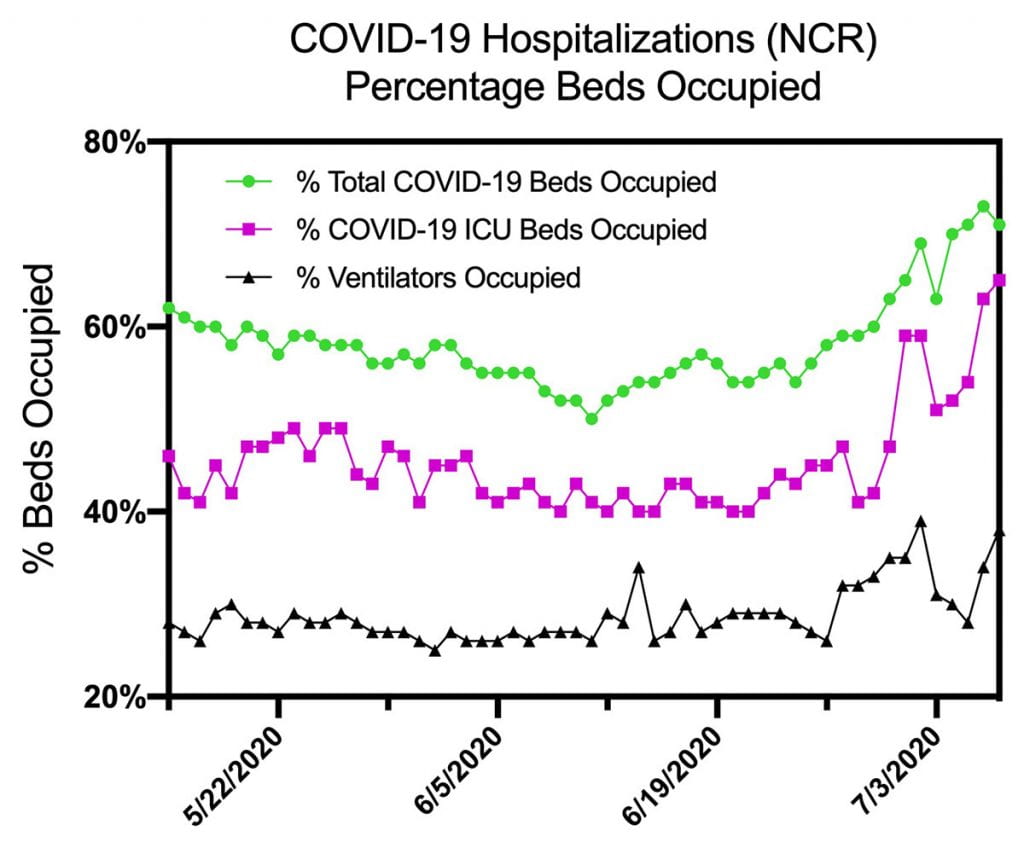
TAKEAWAYS: This research experience had immense value at a personal level and as a service to world health. Specifically, I learned about COVID-19 epidemiological modeling and gained widely applicable and valuable research skills in data analysis, data presentation, and most importantly, through the mentorship of Father Nic, a methodological and effective approach to solving problems and conducting quality research.
As a service to world health our research provided important data relating to a pandemic response. It was particularly meaningful to know that our policies and data were contributing to improving the health of the Filipino people and potentially saving lives.
This summer was my first taste of doing research, and as I enter my senior year I wish I had started as a freshman! The opportunity to be mentored by a world-class scientist like Father Nic was amazing, and I cannot thank him enough for the valuable lessons he has taught me.
Although it would have been nice to collaborate face-to-face, given the unprecedented circumstances, it was great to be involved and to contribute — even from halfway across the world. In addition, seeing the immediate application of our research to the people and the pandemic response in the Philippines was very meaningful.
pc podcast with angus white ’21Odalis Flores ’23 (Central Falls, R.I.)
This research was extremely important to me as it involved not only the community I live in but the communities I often visit and have friends and families in. It was emotionally taxing at times.
Odalis Flores ’23
MAJORS: Sociology, Global Studies
MINORS: Business and Innovation, Latin American Studies
TOPIC: The Effects of the Trump Administration on Immigrant Serving Organizations in the Greater Providence Area
MENTOR: Dr. Kara B. Cebulko, associate professor of sociology and of global studies
FUNDING: PC Undergraduate Research Grant
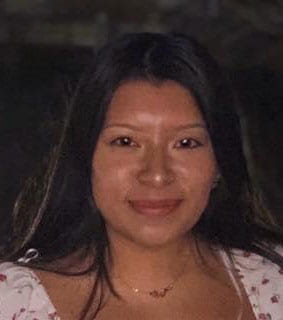
PROJECT SUMMARY: I researched Trump-era policies and how the president’s anti-immigrant agenda has impacted the immigrant experience in Providence and the surrounding areas (Central Falls & Pawtucket), as well as how it has affected immigrant-serving organizations’ ability to fulfill their missions to these communities. I also focused on the pandemic, as these communities, which have the densest immigrant population in Rhode Island, were hit the hardest.
It was important to analyze how President Trump’s anti-immigrant agenda affected the policies and benefits, such as unemployment and the stimulus checks, that were rolled out during the pandemic and how the exclusion of many immigrants affected their lives and survival. Because they were often left out, local organizations took leadership and worked to provide these communities and their families with the extra support they needed. This caused me to focus on the organizations’ perspectives, how their work was altered, and how they have overcome some of the barriers that can emerge when working with immigrant communities, as well as the difficulties that came during the pandemic.
RESEARCH AND RESOURCES: The interviews I conducted were organized though email and conducted over Zoom. The grant allowed me to purchase books valuable to my research, and I also accessed online articles. Keeping up with the news and current events was also important as it altered my questions for the interviews and made the timing of when I conducted the interviews more important.
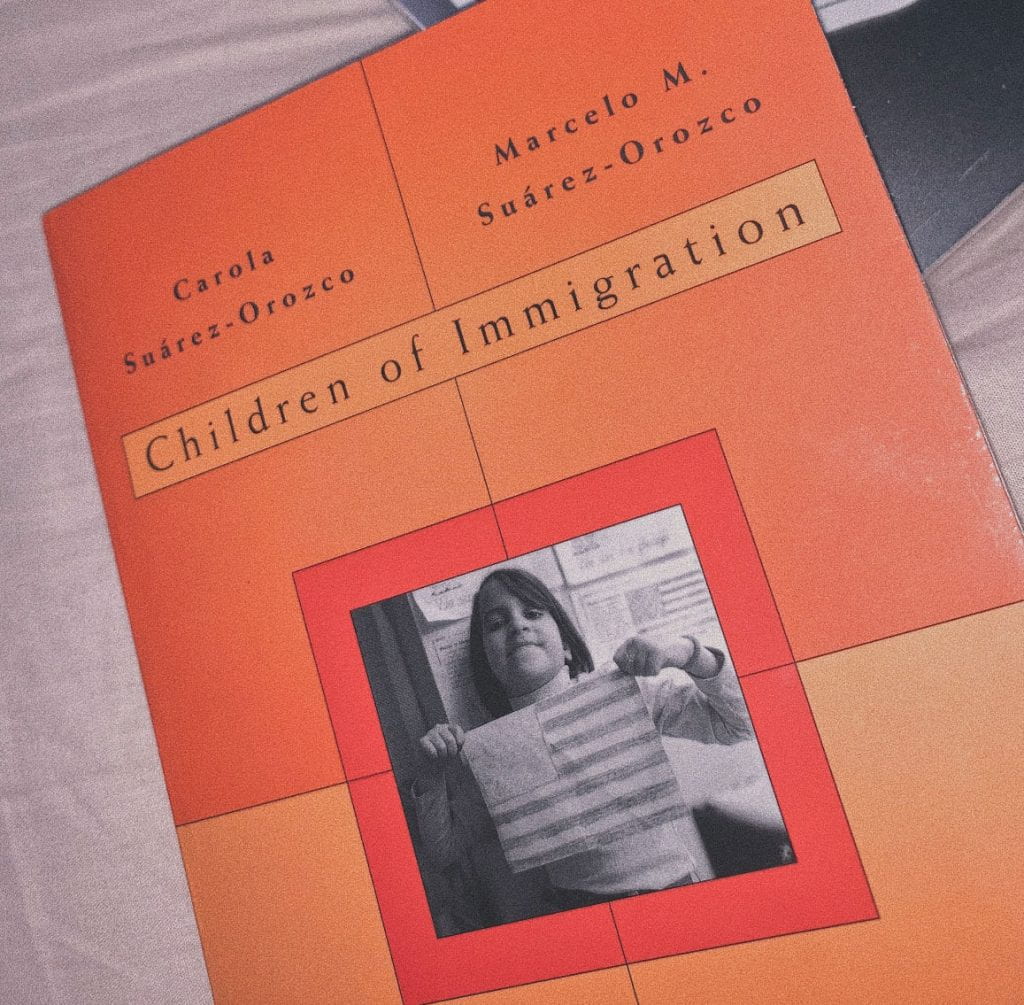
TAKEAWAYS: This research was extremely important to me as it involved not only the community I live in but the communities I often visit and have friends and families in. It was emotionally taxing at times. It’s tough to see the struggles that families have gone through and how vulnerable they have become, and not be able to fix all their issues and protect them.
It put me in a different perspective where I became more aware of my privileges growing up and how I didn’t worry about some of these things — including the privilege that comes with being able to leave my community and come into a place like PC where we’re kind of this small privilege bubble.
However, I did learn that Rhode Island and these cities and organizations are progressive and are fighting the good fight for these families and ensuring that they receive the help they need and the rights they deserve.
Overall, I enjoyed this research experience. My faculty mentor, Dr. Kara Cebulko, was a great help along the way and ensured that I understood my research. She helped me over any bumps and connected me to others when needed. It gave me an opportunity to reconnect with my community and learn new methods and skills.
Sarah Heavren ’21 (West Springfield, Mass.)
My work with Shepard’s writings is a testament to interdisciplinary thinking and analysis and the importance of being able to acquire and then apply a skill.
Sarah Heavren ’21
MAJORS: History and Mathematics
TOPIC: Shelton Shorthand in Seventeenth-Century Writings
MENTOR: Dr. Adrian C. Weimer, associate professor of history
FUNDING: PC Undergraduate Research Grant
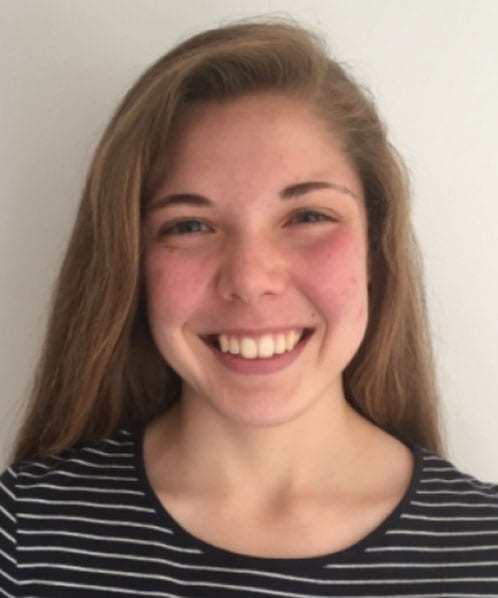
PROJECT SUMMARY: Using shorthand was a common writing practice centuries ago and frequently appears in personal papers. It has posed a challenge for researchers who want to know the contents of letters, diaries, marginalia, and notes that have been saved over time. I have been working with Dr. Adrian Weimer trying to decipher the Shelton shorthand system that Thomas Shepard, Jr. used in the 17th century. A prominent preacher in the Massachusetts Bay Colony, like his father, Shepard has books of various sermons that he wrote and preached.
Throughout the spring semester, while working as an undergraduate research assistant in the Department of History and Classics, I became almost fluent in this new “language.” The summer grant from the Center for Engaged Learning allowed me to continue my research. Most of my work has involved transcribing and translating sermons, letters, and marginalia that Shepard wrote, but I have also been creating a key of symbols or combinations of symbols that he frequently used.
Referencing a Shelton shorthand guide, I have learned Shepard’s nuances to the system and been working to crack his unique variations. Few scholars have been able to study his writings because of the time and thought required to decipher the shorthand. The most exciting aspect of my work is that I am helping uncover Shepard’s thoughts and words that have been encrypted in a series of symbols for nearly 400 years.
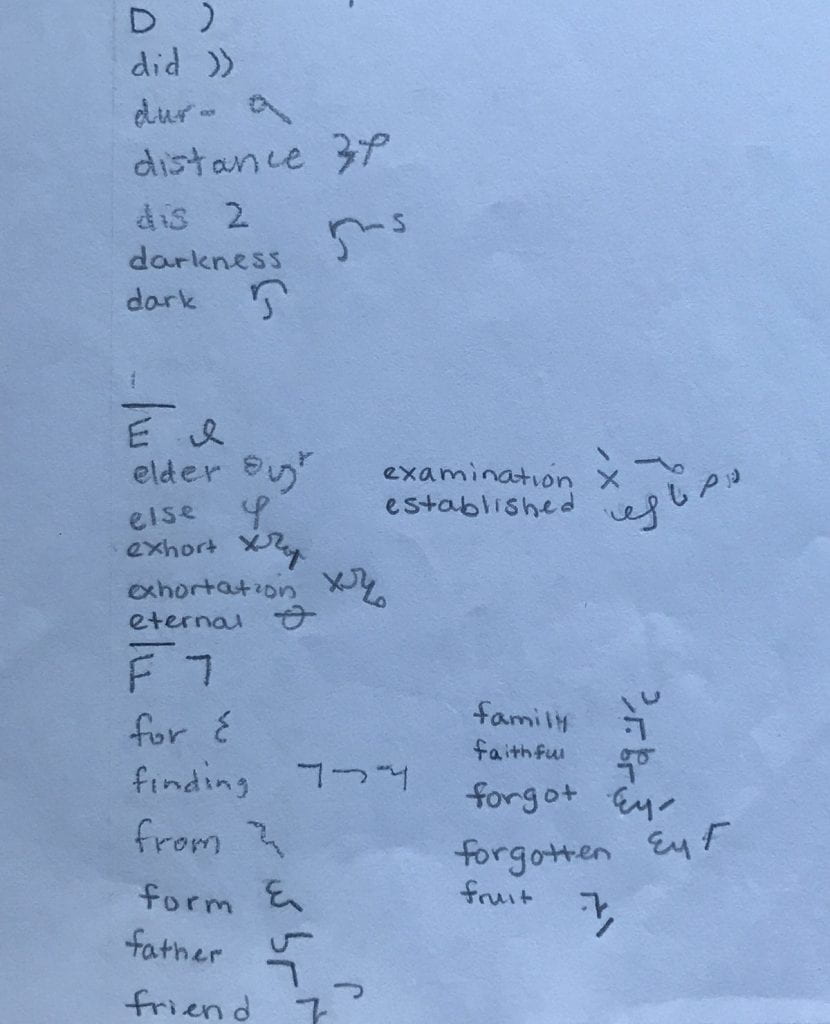
RESEARCH AND RESOURCES: Luckily, the pandemic has had very little negative effect on my research. Dr. Weimer took pictures of the manuscripts that she accessed through the American Antiquarian Society and the Massachusetts Historical Society and has sent me sets of pictures to transcribe and translate. My tools are basic: a piece of copy paper and a pencil. I have been copying each line of shorthand from the photos onto paper exactly as it appears and have been writing my translation or educated guess beneath it. If I am unsure of what a symbol means, I leave a blank space below it and try to use context clues or reference other symbols to make at least a partial guess when I can.
While translating, I have been making an alphabetized list of symbols Shepard frequently used. Because shorthand is phonetic, which means that specific symbols correspond to specific verbal sounds, I can use combinations of certain symbols to determine the meaning of other combinations.
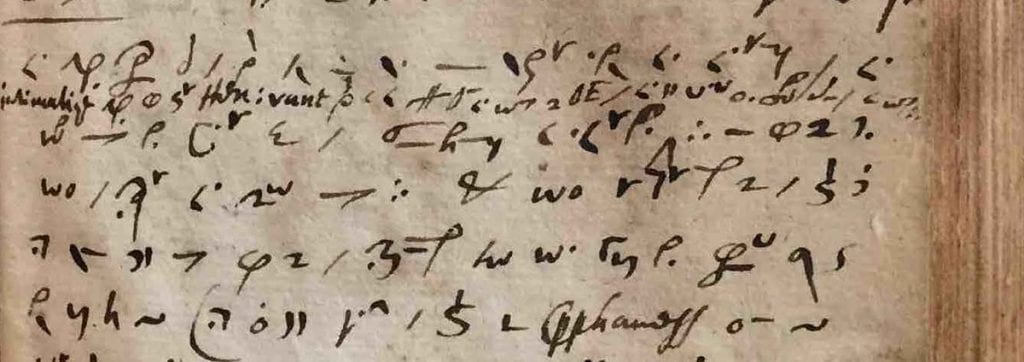
TAKEAWAYS: My research experience reflects my motivation for being a double major in a unique pairing of fields, history and mathematics. This experience has helped me embrace each discipline and helped me show that mathematics and history require similar thought processes. I have approached the project the same way as I have approached my classes: with the aim of acquiring a skill.
Learning the Shelton shorthand system has given me the opportunity to reinforce the value of learning a skill and being able to apply it instead of simply learning the skill’s application. When it comes to my mathematics classes, I am eager to understand why and how the mathematics work, as opposed to memorizing how to solve a particular type of problem. Higher-level mathematics requires understanding multiple theorems and properties in order to prove a certain result. Similarly, in my history classes, I practice my research, analysis, and writing skills so that I can use them to make a well-informed, evidence-based argument that offers a new interpretation or draws new connections between ideas.
Being a double major in history and mathematics has shown me that the skills I acquire in each major are not confined strictly to that discipline, but instead overlap and complement each other. When deciphering the shorthand, I have had a general guide that explains the system and provides some examples, as opposed to an extensive dictionary. It has been up to me to learn how to take these symbols and find the meaning behind their combinations. My work with Shepard’s writings is a testament to interdisciplinary thinking and analysis and the importance of being able to acquire and then apply a skill.
Katelyn Hino ’21 (Berwyn, Pa.)
One of the main takeaways for me this summer was learning how to be a scientist. A lot of what Dr. Pellock and I did revolved around me learning how to develop and focus my curiosity about the world by designing experiments to test various hypotheses.
Katelyn Hino ’21
MAJOR: Biochemistry
TOPIC: Developing a Sensitive and Quantitative Birnessite Sensor for Manganese Reduction
MENTOR: Dr. Brett J. Pellock, associate professor of biology
FUNDING: Walsh Student Research Fellowship (PC); Rhode Island Science and Technology Advisory Council collaborative grant with the University of Rhode Island
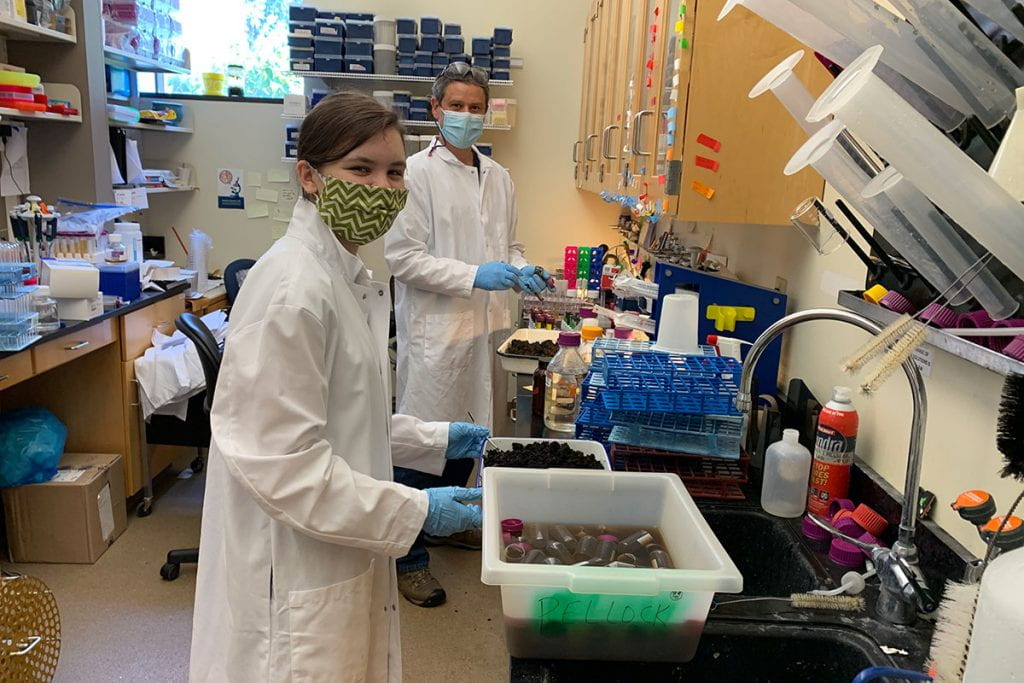
PROJECT SUMMARY: We analyzed and altered the state of soil and sand samples to observe changes in manganese reduction, which is a process we believe could serve as an indicator of denitrification in an ecosystem. Denitrification, which is the loss or removal of nitrogen or nitrogen compounds, is a common environmental concern. We were introduced to birnessite sensors by our collaborators at URI, who typically deployed the sensors in mud from saltwater or freshwater settings in the southern part of Rhode Island.
When the Pellock Lab and the URI team learned that manganese has similar redox potential to nitrate we were hoping to use these birnessite sensors as a means of detecting denitrification. In order to achieve this goal the Pellock Lab set out to understand how sensitive were the birnessite sensors in addition to understanding any potential confounding variables.
RESEARCH AND RESOURCES: Lab research over the summer, although it appeared functionally different from years past due to social distancing protocol and mask wearing, was still able to serve the same purpose and provide an enriching experience. The Pellock Lab usually functions as lab microbiologists, who use a reductionist approach to survey a specific aspect of a model organism.
In our “new” research, the collaboration with URI on soil microbiology and manganese reduction encompassed measuring and pouring mud and sand into conical tubes and deploying birnessite sensors into samples. This allowed us to observe manganese reduction in a variety of different environments as well as determine the parameters and sensitivity of the birnessite sensors.
Three professors and two graduate students from URI took part, but the collaboration also included Dr. Cathleen Wigand, a research ecologist with the U.S. Environmental Protection Agency. We met over Cisco Webex, a platform similar to Zoom.
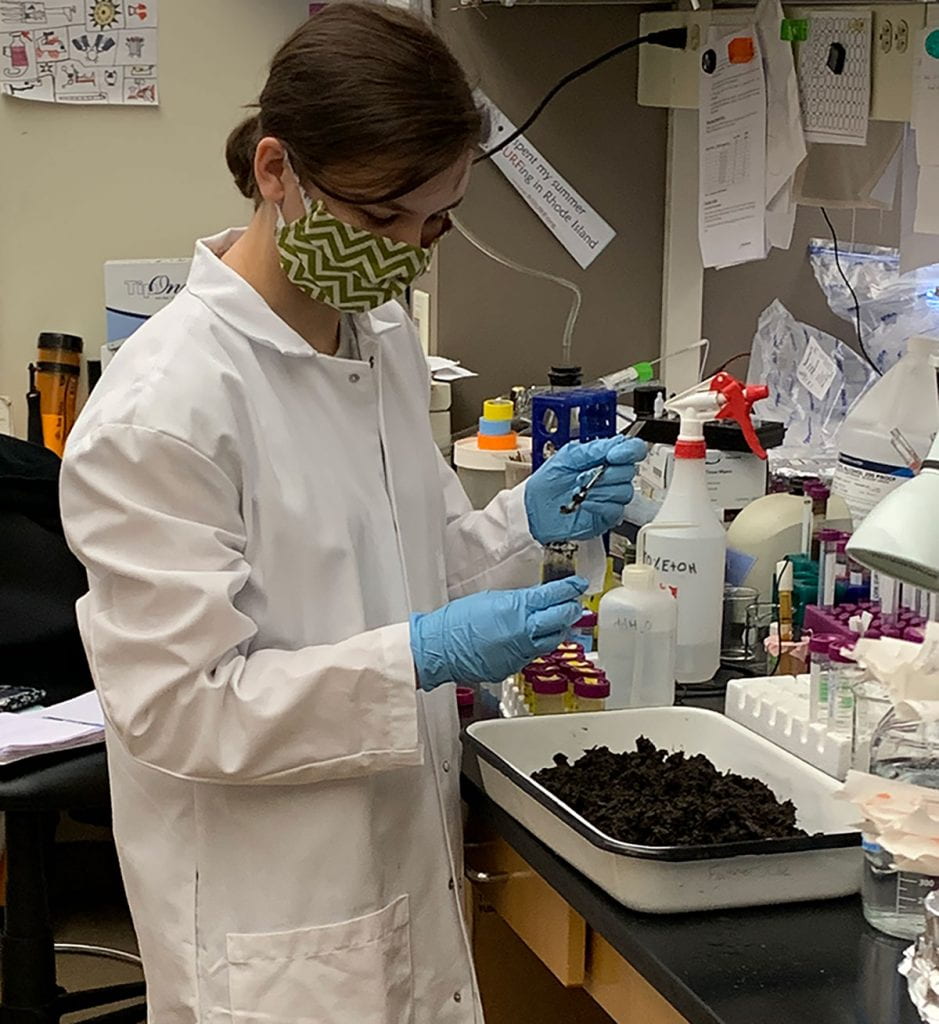
TAKEAWAYS: One of the main takeaways for me this summer was learning how to be a scientist. A lot of what Dr. Pellock and I did revolved around me learning how to develop and focus my curiosity about the world by designing experiments to test various hypotheses. In addition, oftentimes science doesn’t always work out, so you get a lot of experience problem solving, as well as developing resilience in the face of negative outcomes.
This summer was an incredible learning experience. It greatly challenged me in ways I never would have thought of while still remaining fun and interesting. I really appreciated how I was able to utilize what I’ve learned in various chemistry and biology classes and apply it to a new setting. One of my main impressions from this research experience is that you are always learning, and I look forward to continuing this theme throughout the rest of my time at PC.
Jolssen A. Rodriguez ’21 (Peabody, Mass.)
This research has grown so much since I started, but I have grown with it as well. My experience in qualitative research was very limited, but Dr. Chambers has been so helpful as my adviser in starting me off in the right directions.
Jolssen A. Rodriguez ’21
MAJORS: Public and Community Service Studies; Global Studies
MINOR: Women’s and Gender Studies
TOPIC: The Impact of U.S. Immigration Policies on LGBTQ+ Migrants from the Southern Border
MENTOR: Dr. Christopher S. Chambers, assistant professor of sociology
FUNDING: Veritas Research Fund (PC)
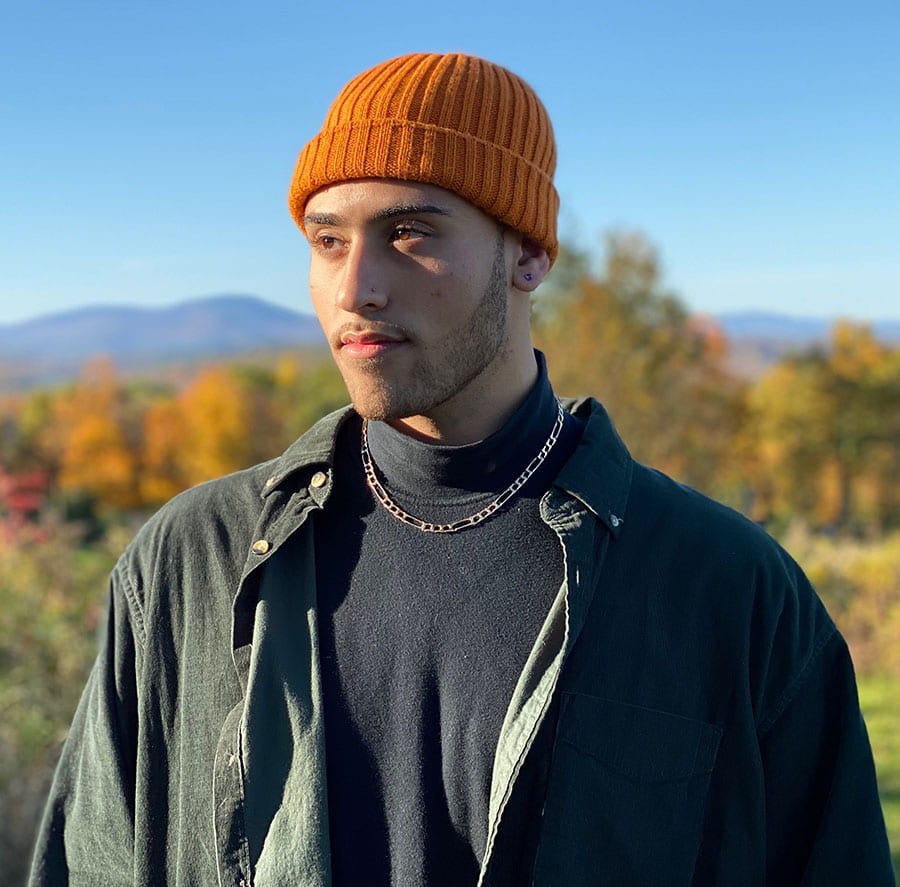
PROJECT SUMMARY: The goal of my research is to construct an understanding of the effects of U.S. immigration policies on LGBTQ+ migrants along the southern border, where both traditional and non-traditional forms of migration are occurring. By analyzing, comparing, and evaluating the policies during the Obama and Trump administrations, I want to uncover the heteronormative intentions and their impact on queer, trans*, and migrants whose LGBTQ+ identities are visible and non-visible in migration.
Due to migration being “consistently inconsistent,” as I like to say, the research is ongoing. I plan on continuing this vast and ever-changing project on the intersection between social identities and migration these next two semesters, as well as potentially paving a road for it through a graduate program.
RESEACH AND RESOURCES: So far, research has been a mixture of things. It’s been constantly documenting articles, readings, and other research that closely aligns with my subject. The majority of my time has been networking. I’m constantly writing emails, making phone calls, and scheduling virtual interviews with immigration advocacy organizations and defense attorneys along border towns. I transcribe the interviews and collect the data that is essential for my research (which tends to be the entire conversation).
My network consists of professors of sociology from Providence College and the University of Texas El Paso, local community organizers in towns along the southern border, professional authors on immigration, and highly qualified and intensive immigration defense attorneys and advocacy organizations along the border. My network has extended to El Paso and Sante Fe, N.M. I have plenty of areas to cover, but the connections I’ve made have been so fruitful and everlasting.
TAKEAWAYS: This research has grown so much since I started, but I have grown with it as well. My experience in qualitative research was very limited, but Dr. Chambers has been so helpful as my adviser in starting me off in the right directions. I owe him so much gratitude for guiding me, offering constant support, and helping me when I run into blank spaces in my research.
Personally, I am connected to LGBTQ+ issues and migration issues, and being within the intersection of both, I knew the journey would be personal, difficult, and emotional. I’ve had to learn to listen and do nothing more. At times, hearing personal migration accounts of trans* folks who survived their journey but are still forced into extremely “machismo-cultured” border towns in Mexico and the U.S. is a heavy weight to listen to and take on.
There is a need for the intersection of LGBTQ+ and migration to be researched and shared. It’s something that only people directly impacted by both know and understand but cannot put into words. I believe it is time for all of us to be accountable for the policies in place and the damage those policies are doing to specific communities of people doing what we need to do to survive.
#giving tuesday at PC




